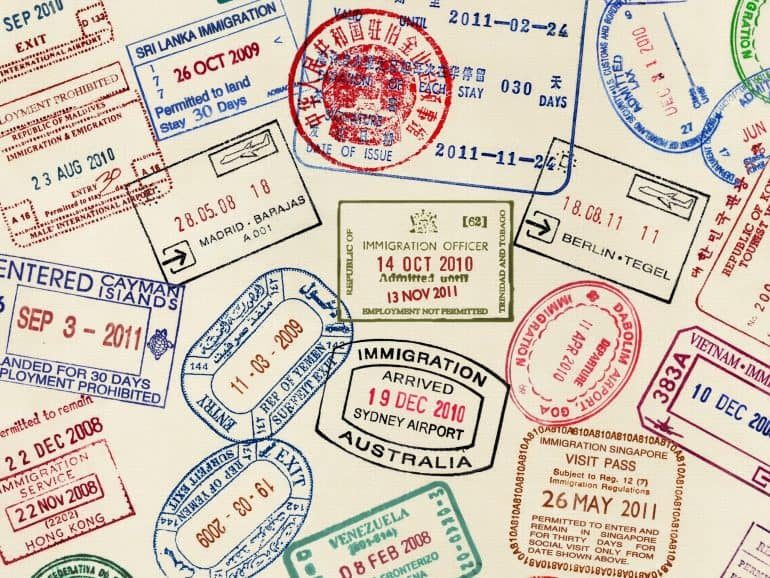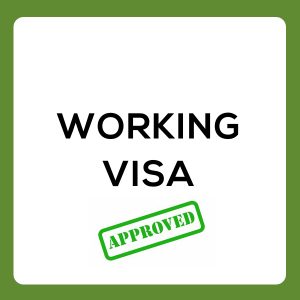Everything you need to know about student visas and working visas in Italy
There are essentially two distinct categories of Italian visas that we will concern ourselves with here today: student visas and working visas. While there are spousal visas, diplomatic visas, and religious visas, the student and working visa branches make up the majority of potential options you can pursue in your endeavour to legally gain long term access to living in Italy.
For starters, the Italian immigration system is ordinarily based on an ‘yearly quota’ framework, according to which the government decides, on a yearly basis, how many posts are available for various kinds of visas (students, seasonal work, employment, self-employment, investment, innovative start-ups etc.).
The Italian immigration law also regulates a different category of visas which deviates from the above mentioned ‘yearly quota’ system, in order to favour the entry of certain jobs (CEOs, journalists, artists, interpreters/translators, professional athletes etc.) or in light of the high degree of specialisation of the applicant (those who qualify for the so called ‘EU-Blue Card’), or in order to make some Italian constitutional rights effective for foreigners (medical treatment visa and family visa, to name a few).
Just to get us started, I want to clarify the following things to consider, all of which are present in any visa process:
-> Italian law is flexible and often the party interpreting the law determines the visa approval. While there are rules, there are always exceptions to the rules, and Italian immigration policy interweaves with EU immigration mandates in a sometimes very confusing labyrinth of bureaucracy. The 2009 economic crisis and recent climate of potential terrorist activity around Europe have only further mired Italian immigration and labor laws.
-> Italian law is complicated and it is imperative that you consult a well-informed source for information. For this article, I consulted a Roman lawyer with over ten years’ experience in immigration regulations. He has successfully procured a variety of student and working visas for many people in his career and has worked in multiple areas of the Italian immigration system.
-> Acquiring a visa or transforming one type of visa to another requires a significant amount of time. While student visas are mostly straight forward, work visa applications especially necessitate vigilant review.
But you’re not alone, we’re here to help as much as we can to make this process as easy as possible for you.
For in depth information about student visas, working visas and permesso di soggiorno, click on the desired section below:









